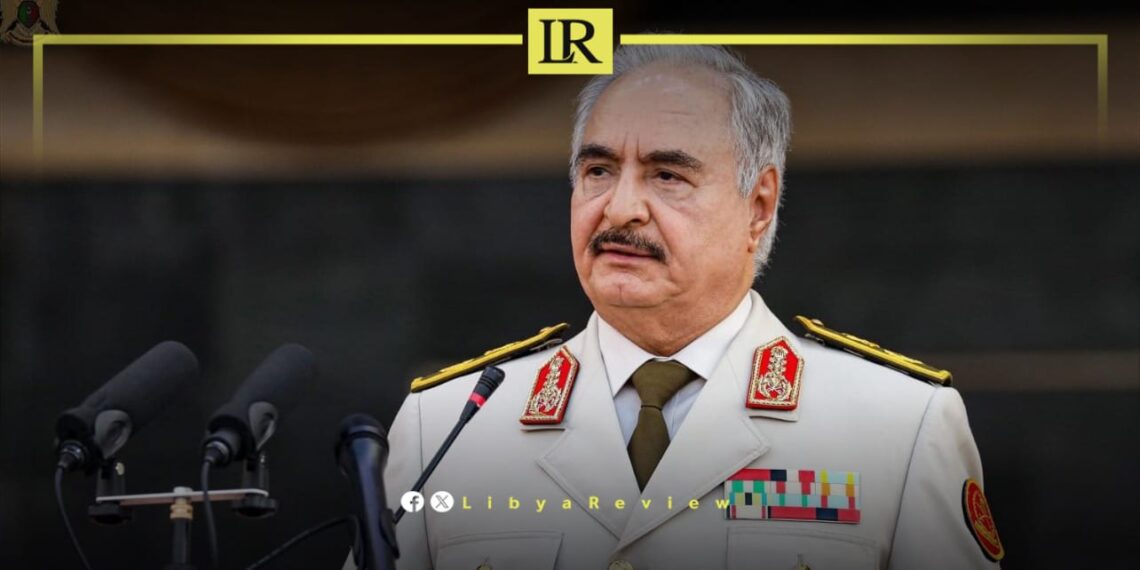The European Union must remain open to negotiations with Field Marshal Khalifa Haftar, Commander-in-Chief of the Libyan National Army (LNA), to address the surge in illegal migration through Libya, according to EU Commissioner for Home Affairs and Migration Magnus Brunner.
Speaking to Politico newspaper, Brunner warned that Russia could weaponise migration flows against Europe, as it has allegedly done in Eastern Europe.
Brunner stated, “We must engage in Libya, where Russia’s growing influence is a major concern. There is certainly a risk that Russia could use migration as a weapon against Europe. This weaponisation is already happening, and we fear it could extend to Libya.”
His comments come amid heightened tensions, following Brunner’s recent expulsion from Benghazi by authorities aligned with the eastern-based government, which declared him “persona non grata.” Despite this setback, Brunner stressed that technical communication channels with Haftar’s representatives remain functional and that Brussels is prepared to resume discussions.
EU Fears Russian Influence in Libya
European concerns focus on Russia’s increasing footprint in Libya and its potential to exploit migration as leverage. Brunner suggested that future negotiations on migration might include development aid or visa facilitation for Libyans, as part of a broader diplomatic approach.
The EU’s concerns have been amplified by the sharp rise in migrant arrivals to Greece from eastern Libya. Although overall illegal crossings into the EU have dropped by 20% in the first half of 2025, the Central Mediterranean route, particularly from North Africa, now accounts for 39% of irregular arrivals.
Greek Response and EU Summit
In response, Greece has suspended asylum applications for migrants arriving from North Africa for at least three months, a move criticised by human rights groups. EU interior ministers are expected to address the Libya migration crisis during an informal summit in Copenhagen today.


